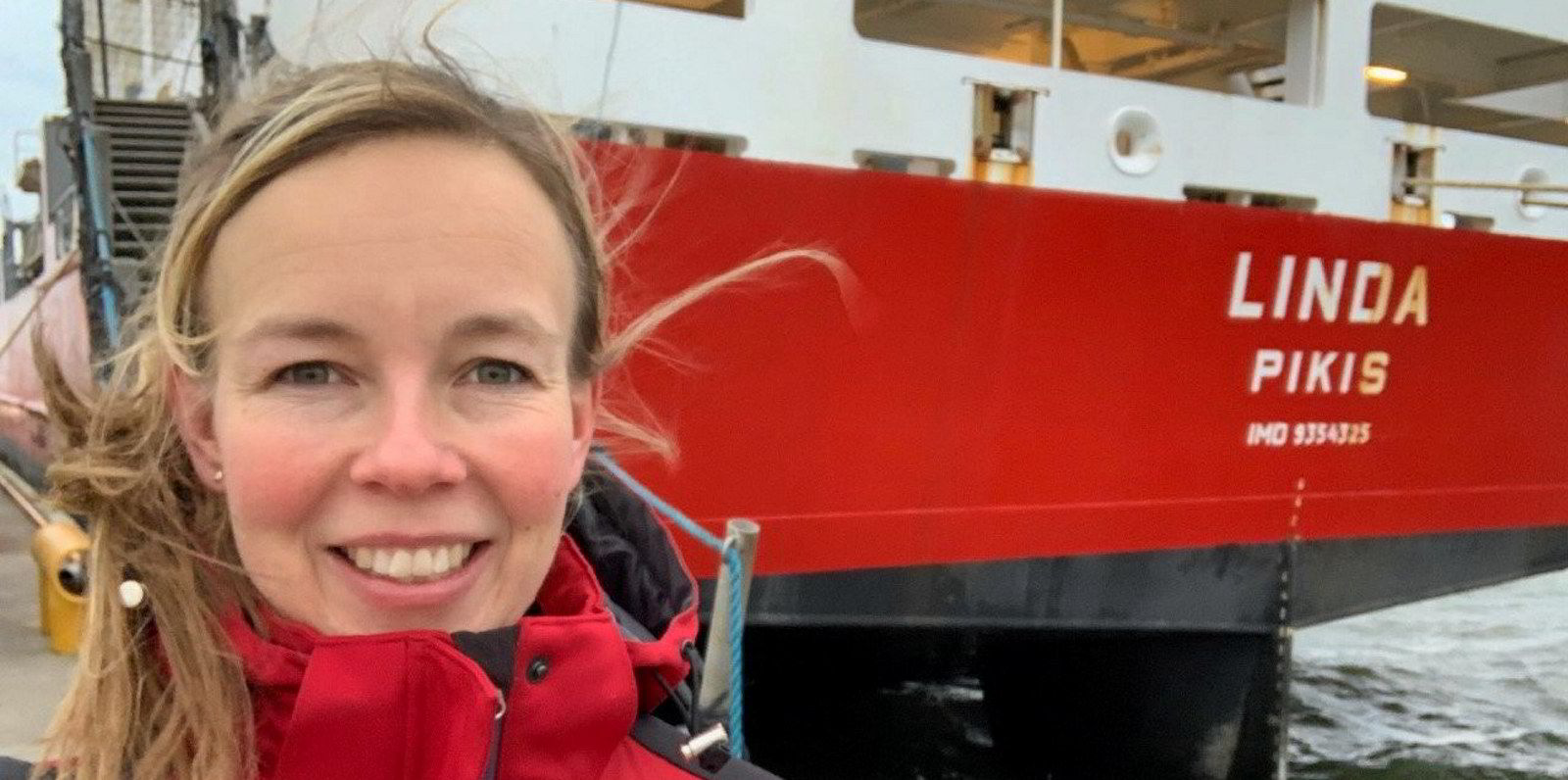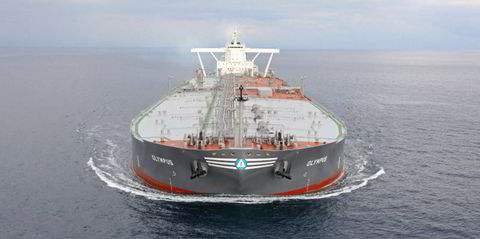Family-owned Finnish company Langh Ship is updating its vessel portfolio with a new order in China.
The shipowner said three new ice-class 1A multipurpose (MPP) units have been contracted at Wuhu Shipyard in China.
No price has been given for the vessels, but UK shipbroker Clarksons said they have a capacity of 7,800 dwt.
The first MPP is due in the middle of 2023, with the other two following at short intervals.
The cargo ships come backed with long-term charters to steel group Outokumpu, serving the shortsea lane between Finland and continental Europe.
The newbuildings have been designed for all-year traffic in the northern Gulf of Bothnia.
Efficient cargo runs
They will carry semi-finished and finished steel products from Tornio in Finland to the charterer's continental hub in Terneuzen, the Netherlands.
On the back-haul leg, the MPPs will be loaded with scrap steel, the main raw material for Outokumpu's stainless steel.
Langh Ship and Outokumpu collaborated on the design with Chinese ship designer Shanghai Merchant Ship Design and Research Institute (SDARI).
The Finnish owner already has three MPPs on charter to the steel producer.
"The experiences from many years of cooperation on this trade have been utilised in designing cargo holds and cargo handling solutions for the new vessels," Langh Ship said.
The company's managing director Laura Langh-Lagerlof added: "We highly value the long-term relationship that we have with Outokumpu. The cooperation between our companies started over three decades ago.
"We very much look forward to this next step with these newbuildings, which deepens our cooperation even further," she said.
Multiple fuel options
Langh Ship has 10 other vessels: five feeder containerships and five MPPs, dating from between 1996 and 2010.
The new generation of MPP will come with dual-fuel engines which can run on "multiple" fuels and be adjusted for future bunker types.
Initially, they will use LNG that can be directly replaced with liquefied biogas (LBG).
The ship's LNG tank is both methanol- and ammonia-ready, however.
The MPPs will also be prepared for installation of onshore power, and there is space reserved for batteries.
"Thanks to the energy-efficient hull shape, these vessels have a lower engine power than the current vessels. Despite that, they can load more cargo and keep the same service speed," Langh-Lagerlof added.






